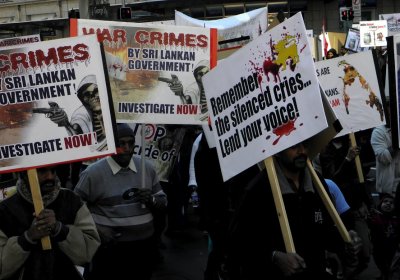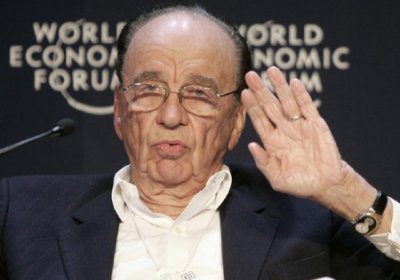The Sri Lankan civil war ended in 2009 and in the war’s aftermath there has been a plethora of serious human rights abuses perpetrated by the Sri Lankan government. Some of these abuses include abductions, torture and the murder of journalists and civilians, including women and children.
940
The recent strike and mass mobilisations of teachers and their supporters in Chicago were significant for those who opposed them.
The Democrat Barack Obama and the Republican Mitt Romney aligned themselves against this fight to defend public schools.
In contrast, Green Party presidential candidate Jill Stein expressed solidarity with the movement and was invited to speak at a rally.
“Major U.S. business groups are stepping up pressure on President Barack Obama's administration to suspend longtime trade benefits for Ecuador, citing the Andean country's mistreatment of Chevron Corp as proof of a deteriorating investment climate”, Reuters said September 26.
“Washington has refused to extradite a former Bolivian president to the South American country to stand trial over political violence that forced him from office nine years ago”, Reutuers reports that Bolivian President Evo Morales said on September 7.
Bolivia wants former US-backed president Gonzalo Sanchez de Lozada, known as “Goni”, to face charges over corruption allegations and for his role in the deaths of 63 people killed by security forces during the 2003 uprising that overthrew him.
This show has a special focus on Islamophobia, with the Green Left Report interviewing Mohamad Tabbaa who researches anti-Muslim discrimination, and Muslim community activist Rebecca Kaye, who challenge the politicians and corporate media's views.
Dial M for Murdoch: News Corporation & the Corruption of Britain
Tom Watson & Martin Hickman
Penguin Books 2012,
360 pages, £20.00
This book provides much needed background information to the Levenson inquiry, which investigated the phone hacking scandal of Rupert Murdoch-owned newspapers and its cast of characters.
The presidential elections, to take place on October 7, are a truly national event in Venezuela.
There are rallies to attend, public statements and press releases by the candidates, mini-newspapers containing plans for the next six years of government ― and everyone has an opinion.
The posters are the easiest to spot. On every street corner, two faces are prevalent: President Hugo Chavez and his main opponent, Henri Capriles Radonski.
Huge protests in Madrid, brutally repressed, are now matched by another Greek general strike. Three years of the European debt crisis are producing a social and political crisis on an immense scale, with the threat of the break-up of the Spanish state.
Just as those in the global South – the great arc of less developed countries across the southern hemisphere, from South America to the Far East – have suffered years of debt crises and IMF-led structural adjustment programs, so now too is southern Europe.
Photos from the Australia-Venezuela Solidarity Network (AVSN) 2012 Presidential Elections Brigade. The brigade's program kicked off with an introductory talk on Venezuelan history and politics by Dr Marcelo Alfonzo, Central University of Venezuela. Then visits to National Institute of Hygiene plant, a world leader in the manufacture of vaccines, the Bolivarian University, ALBA (the Bolivarian Alternative for Latin America) and the Latin American School of Medicine. Photos by Pip Hinman unless otherwise designated.
On our third full day of activity on the Australia-Venezuela Solidarity Network (AVSN) 2012 Presidential Elections Brigade we visited Sala de la Batalla Sociales, LA Communa. This is a grouping of 35 Community Councils in the barrio of Petare. We visited the community medical centre (where free health care is provided by Cuban and Venezuelan doctors), a community radio station and had an exchange with community council members. The commune of Petare is building a chocolate factory which will sit alongside a community university. Photos by Pip Hinman.
Climate change could kill 100 million by 2030: report
More than 100 million people will die and global economic growth will be cut by 3.2 percent of gross domestic product (GDP) by 2030 if the world fails to tackle climate change, a report commissioned by 20 governments said on Wednesday …
Independent journalist Juan Cole wrote on his Informed Comment site:
* * *
The Israeli Likud Party’s cover story for why it wants to draw the United States into a war with Iran makes no real sense.
- Previous page
- Page 2
- Next page




